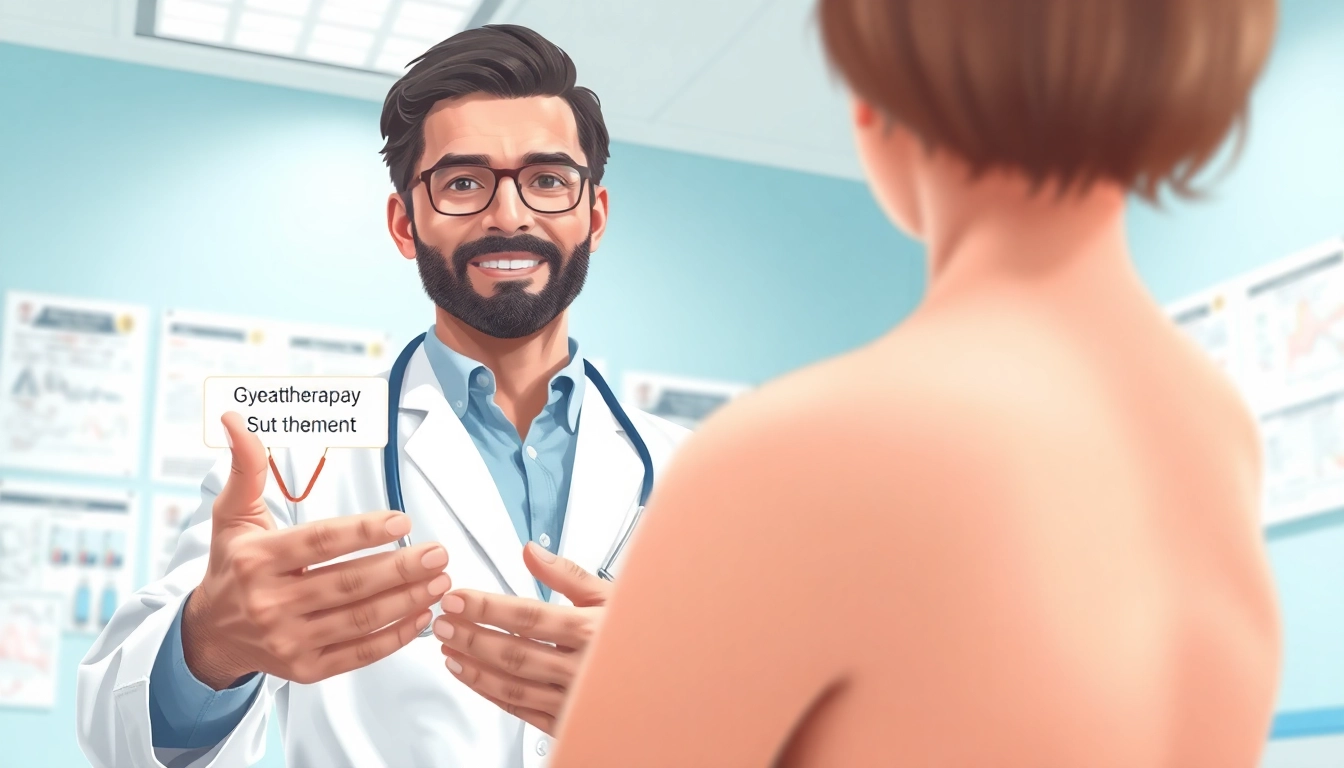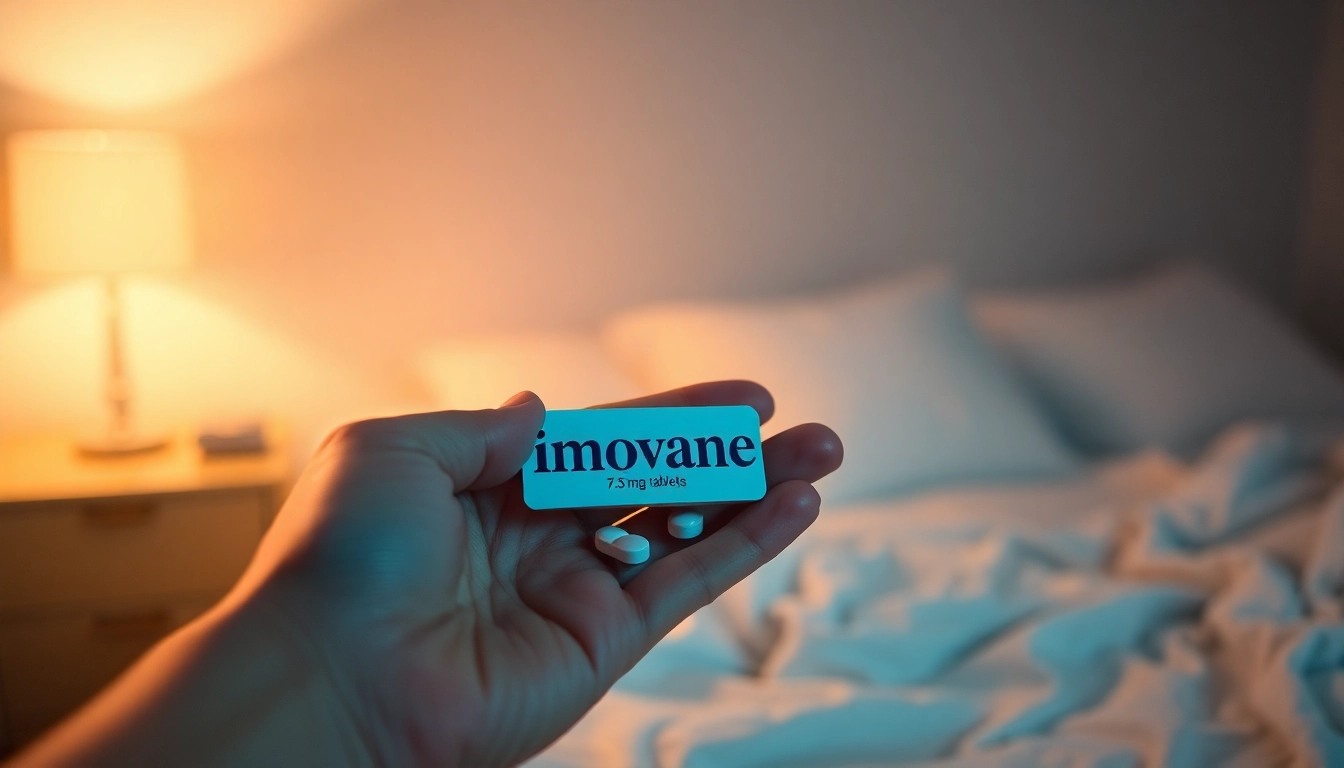Understanding Genital Warts and Their Causes
What Are Genital Warts?
Genital warts are soft, flesh-colored or gray growths that appear on the genital area as a result of a sexually transmitted infection caused by certain strains of the human papillomavirus (HPV). These warts can occur on the vulva, vagina, cervix, penis, scrotum, and anus, and may come in small clusters resembling cauliflower. While they are not life-threatening and may disappear without treatment, they can be uncomfortable and socially distressing.
How HPV Causes Genital Warts
The HPV virus is the primary cause of genital warts. There are over 100 types of HPV, but only a few strains, mainly types 6 and 11, are responsible for the majority of genital warts. HPV is transmitted through skin-to-skin contact during vaginal, anal, or oral sex with an infected person. Once contracted, the virus can remain dormant in the body for years before symptoms appear, which makes it challenging to track down the source of infection.
Common Myths About Genital Warts
- Myth 1: Genital warts are only a problem for sexually promiscuous individuals.
Fact: Anyone sexually active can contract HPV, regardless of their sexual history. - Myth 2: Genital warts can turn into cancer.
Fact: While certain types of HPV can lead to cervical and other cancers, the strains that cause genital warts (6 and 11) are not linked to cancer. - Myth 3: You can’t get HPV if you use condoms.
Fact: Condoms do reduce the risk but do not provide complete protection since HPV can infect areas not covered by a condom.
Signs and Symptoms of Genital Warts
Identifying Genital Warts: Key Indicators
Identifying genital warts involves looking for certain physical signs. These may include:
- Flesh-colored or gray growths in the genital area
- Warts that appear in clusters, resembling a cauliflower
- Warts that may itch, cause discomfort, or bleed during intercourse
When to Seek Medical Attention
If you suspect you have genital warts or are experiencing any unusual symptoms in the genital area, it’s crucial to consult a healthcare provider. Early diagnosis and treatment can prevent the spread of HPV and help manage symptoms effectively.
Associated Health Risks with Untreated Warts
While genital warts themselves may not cause serious health issues, they can lead to complications, including:
- Psychological distress due to embarrassment or anxiety
- Potential transmission of HPV to sexual partners
- Increased risk of other sexually transmitted infections (STIs)
Popular Methods for Genital Warts Removal
Cryotherapy: Freezing Warts Effectively
Cryotherapy involves freezing the genital warts with liquid nitrogen. This method causes the wart tissue to die and allows it to be shed naturally. Multiple treatments may be necessary to completely remove the warts. This procedure typically has minimal side effects, including temporary redness and swelling at the treatment site.
Laser Therapy for Genital Warts
Laser therapy is a more advanced treatment option that emits focused light to destroy wart tissue. It’s particularly effective for larger warts or those that are difficult to treat with other methods. Patients may require local anesthesia, and recovery time can vary depending on the extent of the treatment.
Topical Solutions and Their Efficacy
Topical treatments, including prescription creams, are designed to be applied directly to the warts. Treatments such as podofilox solution and imiquimod cream work by stimulating the immune system to fight the HPV infection. These treatments may need to be applied for several weeks to achieve optimal results.
Home Remedies for Genital Warts Management
Natural Remedies and Their Effectiveness
While home remedies are often sought for managing genital warts, it is crucial to approach them with caution. Some popular home treatments include:
- Apple cider vinegar: Some believe that applying diluted apple cider vinegar can help remove warts due to its acidic nature, which may cause warts to dry out.
- Tea tree oil: This essential oil is known for its antiviral properties and is applied topically, often mixed with a carrier oil.
- Garlic: Crushed garlic applied to the warts may help reduce their size and appearance due to its natural antiviral effects.
However, scientific evidence supporting these claims is limited, and results can vary.
Practical Tips for DIY Treatment
If you choose to pursue home remedies, consider the following tips:
- Perform a patch test to avoid adverse skin reactions.
- Use remedies consistently for several weeks for potential effect.
- Keep the treated area clean and dry to promote healing.
When to Avoid Home Treatments
Home treatments should not be used as a substitute for professional medical advice. If the warts are painful, bleeding, or worsening, it’s essential to consult a healthcare provider immediately. Home remedies also should not be attempted by pregnant women without medical advice.
Preventing Genital Warts: Best Practices
Vaccination Against HPV
Vaccination is one of the most effective ways to prevent genital warts and HPV-related cancers. The HPV vaccine is recommended for preteens, teens, and young adults. It protects against the most common and high-risk HPV strains, thereby reducing the likelihood of developing genital warts later in life.
Safe Sex Practices to Reduce Risk
To minimize the risk of HPV infection and genital warts, it is advisable to:
- Practice safe sex by using condoms consistently and correctly
- Limit the number of sexual partners
- Participate in regular STI screenings for you and your partner
Regular Health Check-Ups
Routine health check-ups can help in the early detection and management of STIs, including HPV. Regular gynecological exams for women and urological exams for men are vital. These check-ups can help monitor any changes and ensure timely intervention if needed.
In conclusion, while genital warts can be challenging and may cause significant stress, understanding the condition, exploring effective treatment options, and employing preventative measures can significantly help manage the situation. For effective Genital warts removal, consider consulting a healthcare professional to explore the best approach tailored to your needs.



